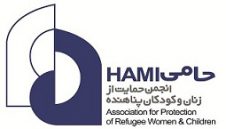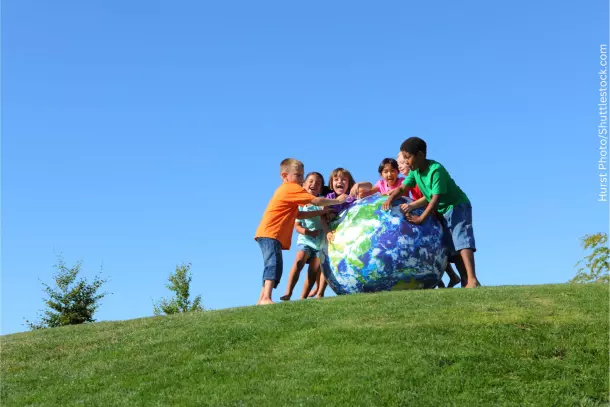On 3 December 2018, the United Nations General Assembly adopted with consensus a resolution proclaiming 24 January as International Day of Education, in celebration of the role of education for peace and development.
The adoption of the resolution 73/25 “International Day of Education”, co-authored by Nigeria and 58 other Member States, demonstrated the unwavering political will to support transformative actions for inclusive, equitable and quality education for all.
By doing so, the international community reiterated that education plays a key role in building sustainable and resilient societies, and contributes to the achievement of all other Sustainable Development Goals.
With a view to enhance international cooperation in supporting the efforts towards the realization of Sustainable Development Goal 4, the resolution called on all stakeholders including Member States, organizations of the UN system, and civil society, non-governmental organizations, academic institutions, the private sector, individuals and other relevant stakeholders to observe the International Day of Education.
UNESCO, as the specialized United Nations agency for education, facilitates the annual observance of the Day in close collaboration with main education actors.
UNESCO and the Group of Friends for Education and Lifelong Learning are organizing a high level panel on Learning for Lasting Peace on the occasion of the International Day of Education.
UNESCO is dedicating the International Day of Education celebrated on 24 January 2024 to the crucial role education and teachers play in countering hate speech, a phenomenon which has snowballed in recent years with the use of social media, damaging the fabric of our societies.
The world is seeing a surge of violent conflicts paralleled by an alarming rise of discrimination, racism, xenophobia, and hate speech. The impact of this violence transcends any boundary based on geography, gender, race, religion, politics, offline and online. An active commitment to peace is more urgent today than ever: Education is central to this endeavor, as underlined by the UNESCO Recommendation on Education for Peace, Human Rights and Sustainable Development. Learning for peace must be transformative, and help empower learners with the necessary knowledge, values, attitudes and skills and behaviours to become agents of peace in their communities.

